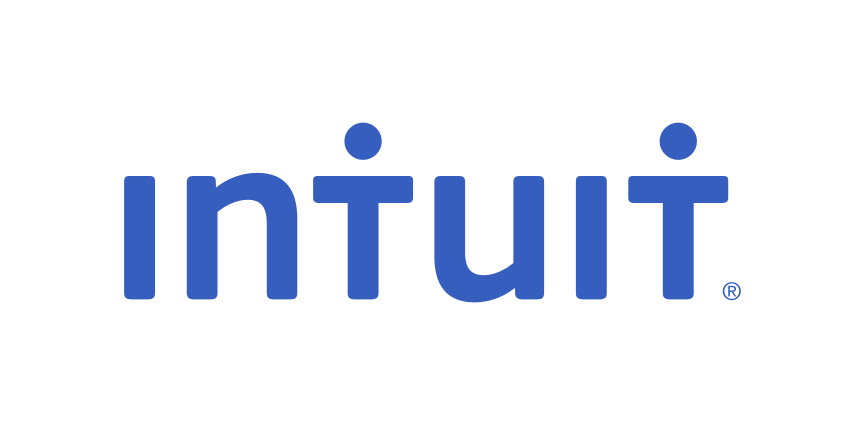In my previous post PaaS or fail back in May, I took a brief look at a basic definition of platform-as-a-service (PaaS), and mentioned a few PaaS players. Today I’m here to give you a little follow-up test to see if you were paying attention:
Which of the following companies does NOT offer a PaaS?
Need some help? Let’s speculate that apart from the technology architecture and components, our 3 main criteria software developers for choosing a robust PaaS are:
1) Must be offered by a solid company in no danger of going out of business (salesforce.com, Microsoft, Google, Intuit)
2) Must have a hungry and enthusiastic ecosystem of customers and partners (salesforce.com, Microsoft, Google, Intuit)
3) Must have proven applications deployed through their development platform (salesforce.com, Microsoft, Google, INTUIT)
Alright, so it was a trick question, they are all “PaaS” providers, at least on the basis of the 3 criteria above. But Intuit (makers of Quicken, QuickBooks and TurboTax) stands out as the surprise correct? In fact, Intuit launched their QuickBase developer program many years ago (see Phil Wainewright’s 4/08 ZDNet blog post “Intuit Enters the PaaS Wars”), and a glance at http://quickbase.intuit.com/enterprise/ shows some surprising facts (at least I was surprised):
Based on these facts, Intuit’s Quicken ecosystem of customers and partners certainly stands up to the other 3 who get the lion’s share of publicity around PaaS. Of course there are other smaller players as well, like LongJump (who at Java one 6/2/09 recently announced, shock horror, PaaS geared towards private clouds apps!), Coghead (oops sorry Coghead RIP and acquired by SAP Feb 09) and Bungee Labs and more (adding WorkXpress based on the comment by Jake below).
Sorry to those of you who already knew about the QuickBase PaaS offering, I’ve been a personal Intuit Quicken user (not QuickBooks) since 1993, so it never crossed my radar. Companies such as Intuit and salesforce.com ran hard first, to grow and establish a thriving applications business. Which now positions them for SaaS offerings and a huge customer base for partners and developers to customize, add-on and now outright build brand new apps using their PaaS. While Microsoft, Google and others, ran hard focusing more from a long term development relationship perspective. Courting developers through pure software dev tools, languages, Intergrated Development Environments (IDE) enabling their legions of loyal developers to now build out new PaaS applications for the cloud.
Either way, an old football analogy holds true for both, “Run to set up the PaaS”.



Focusing on known brands is a viable option, but absolutely does not provide businesses the best software available to them. Smaller companies, like ours, offer security in our business structure and continuity while providing a far higher level of functionality without programming.
Give the New Vendor on the Block a chance.
Jake
http://www.workxpress.com
Thx Jake for your comment. I did not intend to exclude smaller players like yourself. I did list a few in the post. My main reason for the post was to highlight how big app players like Intuit with Quicken can become Paas players quickly. The big challenge for the smaller guys, and I know having been one most of my career, is dealing with vendor viability stigma (as Coghead unfortunately illustrated). I’m all for the new kid on the block! I added your company to the list of PaaS players in the post.
Thanks Ramon for the inclusion. Let me know if you would ever like to take a look at our PaaS. jburns@workxpress.com
Thanks again,
Jake